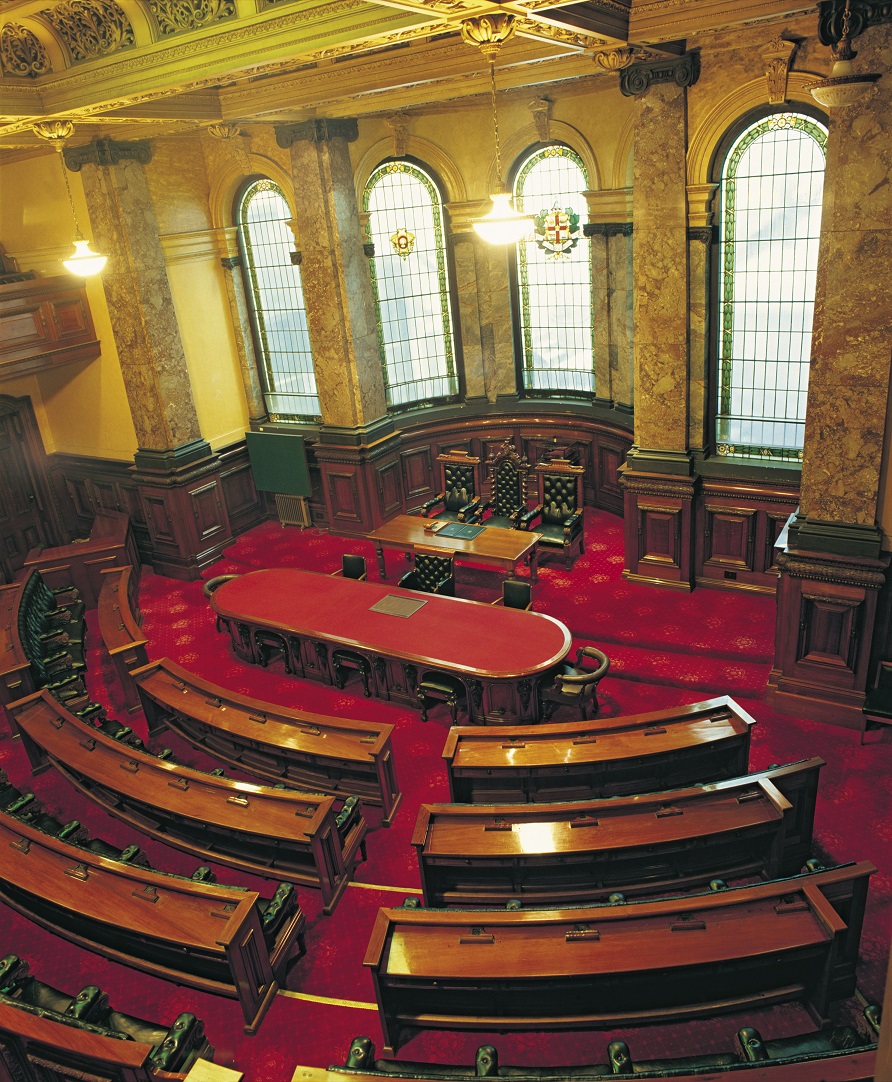Demands laid ahead of whoever wins Vic
 Councils in Victoria have six distinct demands for the winner of the upcoming state election.
Councils in Victoria have six distinct demands for the winner of the upcoming state election.
Regardless of who wins, the Victorian Local Government Association has laid out its requests.
Councils want the winning party to implement the Georgiou Review, which pushed for greater transparency in the electoral process.
They have also called for the new state government to foster active community participation in local governance. VLGA says a $250,000 program should be set up to develop new community participation models, with further State Government investment in local community leadership sought too.
They want to better resource councillors and candidates to govern with an $18,000 per council funding package for development and other training.
VLGA wants whoever wins to introduce ways of improving the financial sustainability of councils through the indexation of federal assistance grants.
The Association wants to guarantee local government autonomy in rate setting, while limiting the introduction of new revenue measures affecting local government such as property-based tax measures.
Councils want a full-scale review of the Local Government Act, as they say it has been amended in a reactive and ad-hoc way since the nineteen-eighties.
They would like a comprehensive review of the Local Government Act during the next term to reflect new attitudes and community expectations.
And finally, with new influences and more uncertainty on the horizon, the VLGA wants the Victorian government to help councils and communities plan for the future together.
It has called for training for councillors on the planning system as part of funded councillor and candidate development. VLGA says it would ensure the governance of regional growth plans and the Metropolitan Planning Authority are open and transparent for maximum public engagement and benefit.
The next Victorian state election is slated for November 29 this year. The most recent Newspoll surveys showed the current Coalition government could be swept from power, with Labor leading 55 to 45 per cent on a two party-preferred basis, and the Coalition posting a primary vote of just 32 per cent . Premier Denis Napthine’s net satisfaction rating has dropped into negative territory as well.







 Print
Print